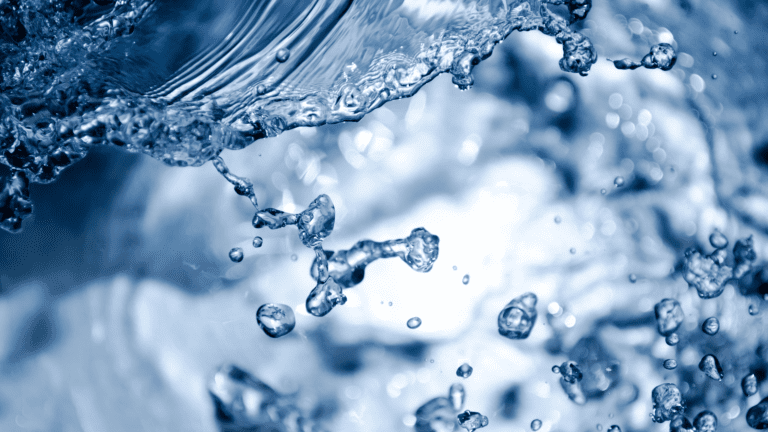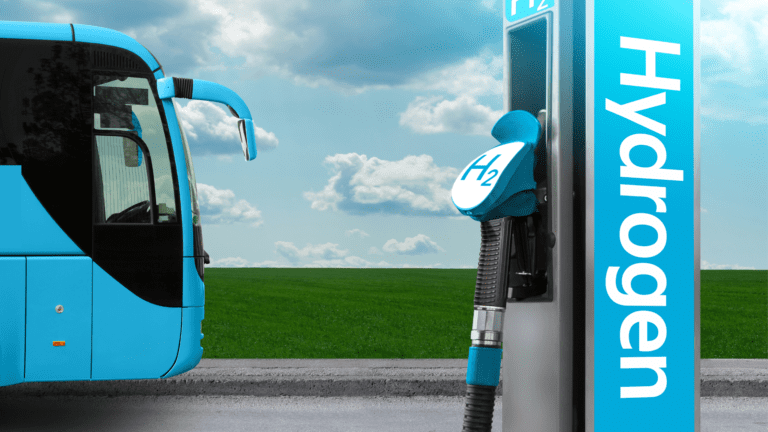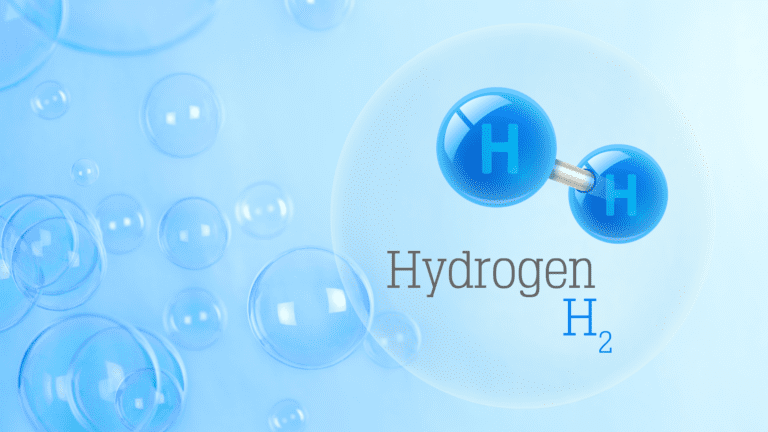One of our most asked questions is what product(s) we recommend. While this may seem like a very easy question to answer, we have taken the position of not recommending specific products for many reasons, which we will discuss here.
Read Why MHI Doesn’t Promote, Endorse, or Recommend Products
What’s the best way to choose a good product?
Some simple ways to do this include asking the following questions:
- Is the explanation of how the product makes H2 logical?
- Has the product been certified to IHSA criteria?
- Has there been an independent H2 analysis done?
- Does the product provide concentrations/doses of hydrogen similar to what is used in clinical studies?
- Has the product been used in peer-reviewed scientific studies?
- Is the manufacturer/company reputable?
- Are those selling the product MHI certified?
More detail on the above questions:
1. Is the explanation of how the product makes H2 logical?
Some companies claim their products provide hydrogen but do they have the necessary ingredients for this to happen? Sometimes companies will conflate a high pH alkaline water with molecular hydrogen. However, alkalinity is related to the concentration of H+ ions, and we want H2 gas. Another claim is that the water becomes “structured” with hydrogen, but we want H2 gas, not structured water with a hydrogen atom bonded to oxygen. Other claims include active hydrogen or hydrogen anions which are different forms of hydrogen, solid hydrogen (which is impossible since molecular hydrogen is a gas), or ingredients such as hydrogen phosphate or hydrogen carbonate that are supposed to produce H2, but are not actually capable of creating H2 gas. Some hydrogen products claim to increase hydrogen by the bacteria in your gut, but not everyone has the right bacteria and this is not the same as H2-water.
2. Has the product been certified to IHSA criteria?
IHSA is an independent organization comprising international hydrogen researchers around the world. The mission is to a) define the definition of “hydrogen water”, b) define how to accurately measure molecular hydrogen in water, c) ensure safety standards have been met including heavy metals contaminants, etc., are in line with official water quality standards from the government and d) authorize certain facilities to do the independent analyticaltesting to IHSA criteria. You can learn more about IHSA here.
We have had reports of companies claiming they are certified when they are not. Therefore, we encourage individuals to verify with the certifying entity which you can find by asking the company which entity issued the certification.
What is the significance of being certified to IHSA-criteria? Having products certified to IHSA criteria confirms that the product i) contains sufficient hydrogen to be considered therapeutic based on clinical studies on hydrogen, and ii) that the concentration of hydrogen was measured accurately, such as with gas chromatography.
3. Has there been an independent H2 analysis done?
Having independent lab results using gas chromatography confirming the concentration of molecular hydrogen is significant because it confirms the concentration of hydrogen in the product. There are many claimed methods to measure hydrogen but only a few of them are accurate. Some of the inaccurate methods such as pH meters, oxidation-reduction potential (ORP) meters, H2 gas sensors for air that can’t be used for water, and electronic H2 meters that can’t be calibrated. These methods may falsely indicate the concentration of H2 in the water is therapeutic, but in reality the water may only have an nanogram/L and not be therapeutic at all. Products should have independent analysis where gas chromatography was used to measure the concentration. The analytical method/procedure of using gas chromatography to measure the concentration of hydrogen in water is standardized by IHSA. Thus, to enhance accuracy, we should ensure that the independent labs are authorized by IHSA.
4. Does the product provide concentrations/doses of hydrogen similar to what is used in clinical studies?
As stated previously, the optimal dose/concentration of hydrogen is still unknown, but most research indicates the benefits are dose dependent. Some studies provide only between 0.5 and one milligram of H2, but most studies provide 1 mg to 3 mg of H2. We should choose products that can at least provide similar doses used in the majority of the clinical studies. Additionally, using a product that has been used in clinical or scientific research can further our confidence in the product containing hydrogen gas.
5. Has the product been used in peer-reviewed scientific studies?
If the product has been used in peer-reviewed scientific studies, it may indicate that the product contains hydrogen and may provide related benefits, and that the researchers trust the product enough to use it in the H2 research.
6. Is the manufacturer/company reputable?
Many companies are attempting to jump on the hydrogen movement by marketing products, but they may not have a good track record or don’t have an established manufacturing facility, etc. You can investigate the company by looking into their reputation, business partners, etc.
7. Are those selling the product MHI certified?
Sales agents who are MHI certified have taken the Level 1 Certification courses that teach about science concepts and facts that help increase their ability to know the difference between products which increases the likelihood that the product is a real hydrogen product, that you are getting factual correct information, and shows they are dedicated to the education and research on H2. If you are interested in learning more about what is taught in the Level 1 Certification, check it out here.
Read How to Get Molecular Hydrogen
Read Why MHI Doesn’t Promote, Endorse, or Recommend Products
Learning about products
There are many products on the market today. There are hydrogen-producing water bottles that use the electrolysis method to produce Hydrogen Rich-Water (HRW). A common form of electrolysis is alkaline ionized water, also known as Electrolyzed Reduced Water (ERW), this type of water has a high alkaline pH and depending on many factors may have low to moderate levels of molecular hydrogen, as described here (link ERW articles) Another common method of producing HRW is by using tablets. Other hydrogen products on the market include inhalation devices. Be really careful when choosing a product because there are many products out there that claim to have hydrogen that does not actually have hydrogen. Additionally, as with any industry, there are some companies that may have past or current legal suits they are facing because of unethical business practices.
Read about Water Ionizers (Electrolyzers)
Read about Water Ionizers And Hydrogen Water Generators
Read about Alkaline Ionized Water History and Medical Approval
Conclusion
Lastly, we encourage you to check out our educational courses. Our main source of revenue comes from the educational courses. Hardly anyone knows about hydrogen so, we currently do not receive enough direct tax-deductible donations to even cover basic admin costs. Your support in purchasing these courses helps us fulfill our mission. We would love to welcome you to the MHI family!
Read about How to Get Molecular Hydrogen
Read How to Administer Molecular Hydrogen
Read The Complete Guide to Molecular Hydrogen







